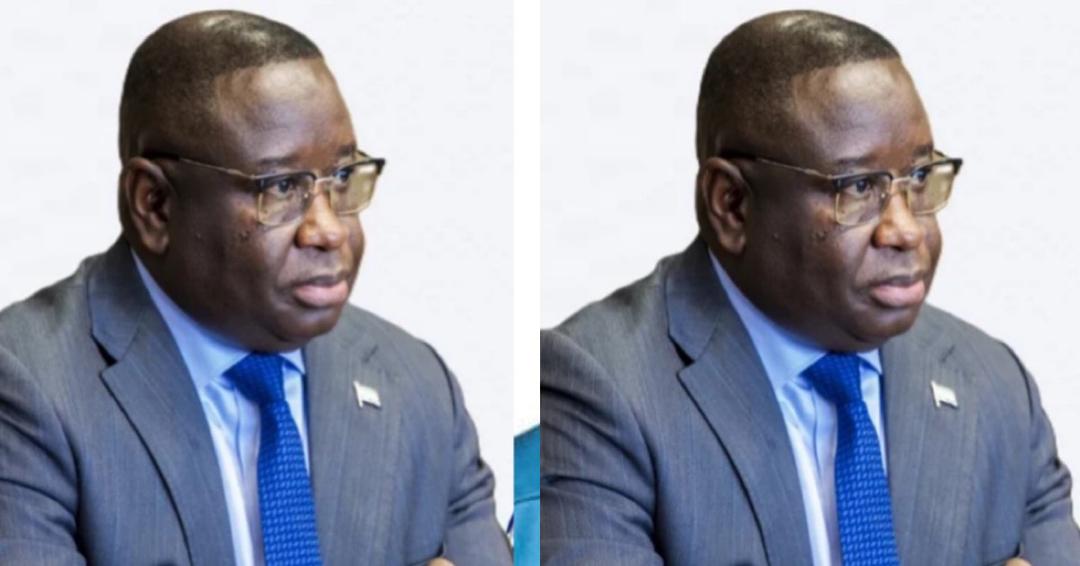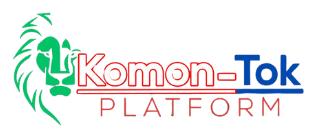
The Budget Advocacy Network (BAN), a leading civil society organization, has urged the government to disclose how it has utilized funds generated from the 5% import tax on rice. The call was made following BAN’s detailed analysis of the 2025 budget, presented to Parliament by Finance Minister Sheku Ahmed Fantamadi Bangura.
According to BAN, the 2024 budget reintroduced a 5% import duty on rice and a 10% tax on iron ore and cement. The revenue from these taxes was earmarked for key national initiatives, including the Feed Salone Initiative and the Infrastructural Development Fund. However, ten months after these taxes were reinstated, the government has yet to provide an account of how much revenue has been collected or how the funds have been allocated.
BAN expressed concern that the rice tax, in particular, has intensified the economic hardships faced by citizens, deepening poverty and worsening inequality. Citing a recent World Food Programme Food Security Monitoring System report, BAN highlighted that 82% of Sierra Leoneans are food insecure, with 68% of households spending three-quarters of their income on food. These findings underscore the growing burden of rising food costs on vulnerable populations.
The group also drew attention to the 1% education levy introduced in 2024, which applies to contracts for goods and services. Although this tax was intended to finance education sector investments, the government has yet to inform the public about how these funds have been used or what specific programs they have supported.
BAN called on the government to increase transparency by providing quarterly reports on revenue collection and expenditure. The organization emphasized that greater accountability would foster trust between citizens and the government and encourage compliance with tax policies.
As Sierra Leone grapples with economic challenges, BAN’s appeal reflects rising public demands for fiscal responsibility and effective governance.






